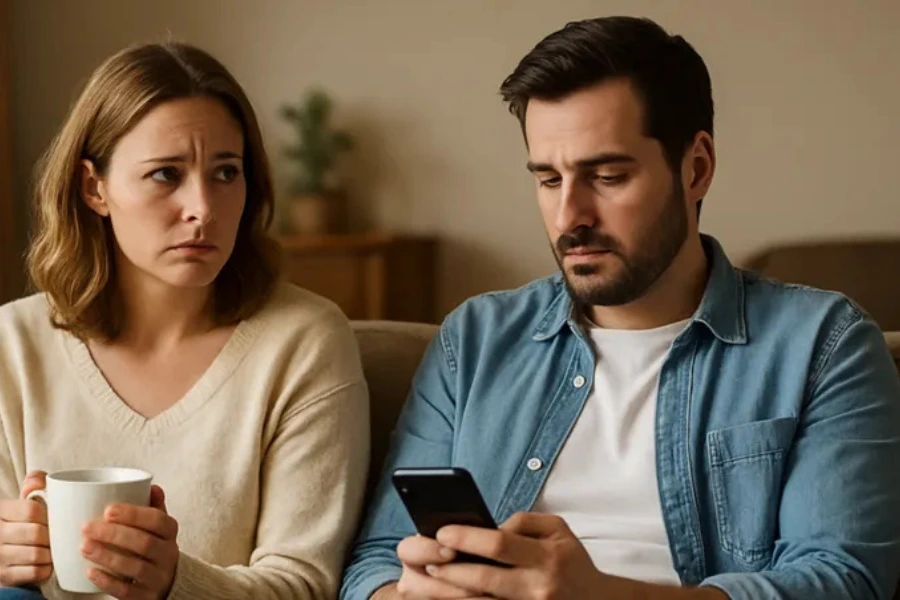Have you ever been in a situation where you thought someone, even outside of your relationship, understood your relationship better than the other person you were in the relationship with? When their therapist knows more about you than they know about you and your relationship, it feels incredibly frustrating, and it is ultimately candor about emotional unavailability.
Emotional Unavailability in Disguise
Have you ever sat across someone who claimed that he or she loved you but somehow you still felt like you were alone in the room? That’s emotional unavailability. It is an almost imperceptible trick, cloaked in charm with a sense of humor or anywhere from a casual to regular check in. Yet, it somehow lacks depth. One sided is this connection; you converse while they only seem to listen, hardly ever giving a response with some real consideration. The weirdest part is, your story very likely gets more attention and understanding from their therapist than from them.
Your mind wonders: How is it that someone else can see my pains and needs and patterns way better than the person with whom I am in an intimate relationship?
The Mirror You Didn’t Ask For
Relationships are often mirrors. Each time you date the emotionally unavailable, that mirror is mostly your drive, your growth, your vulnerability. They have not resolved their own problems and are still confused. You begin to open up, they retreat behind layers of curated walls. It’s not that they don’t care. They don’t know how to care about you.
Then, one day, they come back from therapy and casually mention something their therapist said about you and you freeze.
Maybe their therapist identified your patterns of over giving. Perhaps they identified your habit of carrying emotional weight that doesn’t belong to you. And suddenly, you realize this: Their therapist knows you. They have depicted you more distinctly than your partner ever has. And that is when it strikes you that emotional unavailability is not just frustrating, it is lonely.
Why You Feel So Invisible
When someone is emotionally unavailable, they often need a third party to interpret what they feel in the context of the relationship. It is almost as if your emotional language is foreign to them, and they need a therapist to “caption” everything as they speak in another language, utterly struggling to get through the simplest of conversations.
That does not mean therapy is bad. Actually, therapy is good! But if the only way they can connect the dots about you is through someone else, you really have to ask yourself what that entails for the relationship: whether they are truly present within the relationship or simply showing up to it, like attending class and forgetting to read the syllabus!
What makes it even more tragic is the fact that you still wait. You wait for your partner to “understand”. You hope for the day your partner mirrors something you have been repeating for months, perhaps only to have it echoed back to you at the hands of their therapist. That isn’t validation. That’s just pure exhaustion pretending to be hope.
The Emotional Receipt You Didn’t Ask For
You are not crazy for wanting someone who sees you at face value without being analyzed by a third party. You are not being unreasonable when you expect your partner to emotionally show up, not just check in.
Let’s get real: emotional unavailability hurts more than any other toxic presence in your life; it taints your worth in the relationship. You question your worthiness, if you’re too needy and/or if you are too emotional, if you’re too intense, etc. But you’re not too much, you’re just someone that speaks the language of connection, and trying to connect with someone who cannot or is emotionally mute.
So when you find that their therapist knows more about you than they do, your question is how long can you be a case study, not a partner?
Last Reflection
For some people, a deeper level of self-care means taking everything in and accepting that love can’t grow where emotional unavailability is master. You deserve a relationship where you’re not another point of discussion in therapy; you’re a person with whom one connects emotionally, knows personally, and comprehends from experience.
The few may keep their breakthroughs obtained in therapy. Go, find a relationship where you are never a subject of translation.




